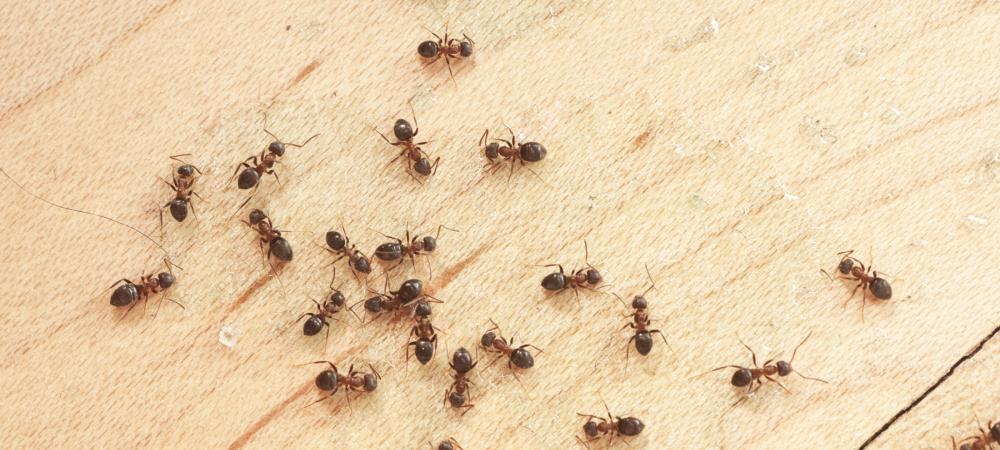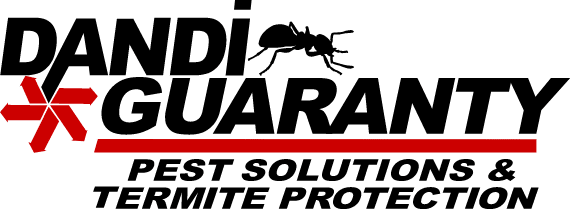How to Handle Sudden Pest Infestations

Experiencing a sudden pest infestation can be both alarming and frustrating. Whether it's ants, rodents, or cockroaches invading your space, acting quickly is crucial to protect your home, family, and health. In this guide, we’ll explore the best ways to handle an infestation, outline home pest control tips, and explain when to contact a professional pest control service.
Common Pest Infestations in Homes
Knowing what type of pest you're dealing with is the first step toward effective control. Some of the most common household pest infestations include:
- Ants: Particularly attracted to food and moisture, ants can quickly infest kitchens and bathrooms.
- Rodents: Mice and rats look for warmth, food, and shelter inside homes, especially in colder months.
- Cockroaches: Known for their resilience, cockroaches thrive in dark, moist areas.
- Spiders: While generally harmless, certain spiders like brown recluses can be a health concern.
- Termites: Termites are a significant problem, as they can cause extensive structural damage if left unchecked.
By identifying the specific pest, you can take steps to address the infestation more effectively.
Immediate Steps for Handling a Pest Infestation
If you’ve just discovered a pest problem, it’s essential to act swiftly to contain the situation. Here’s what you can do:
Isolate the Affected Area
Close doors and seal any cracks or gaps to prevent pests from spreading to other parts of the home. This step helps contain the infestation early.
Remove Accessible Food and Water Sources
Pests like ants, roaches, and rodents are drawn to food scraps and moisture. Clean up spills, store food in airtight containers, and repair leaky pipes or faucets.
Reduce Clutter in Affected Areas
Clutter provides the perfect hiding spots for pests, especially in basements, attics, and closets. Keep these spaces organized and clean to limit hiding spots.
Contact a Professional Pest Control Company
DIY solutions may offer temporary relief, but professional exterminators have the expertise and tools to thoroughly eliminate pests and prevent them from coming back. They can assess the extent of the infestation and recommend effective treatments.
DIY Prevention Tips to Keep Pests Away
The best way to deal with pests is to stop them before they invade. These pest prevention strategies can help you protect your home year-round:
Seal Entry Points
Pests often enter homes through cracks, gaps, or open doors and windows. Examine areas around windows, doors, baseboards, and pipes to seal any openings with caulk or weather stripping. For rodents, install door sweeps and mesh covers over vents.
Regular Cleaning and Decluttering
Regularly cleaning your home minimizes food sources that attract pests. Sweep floors, wipe down counters, and take out the trash regularly. Pay attention to pet food, as it can be a major attraction for pests. Additionally, declutter storage areas, as pests often hide in cardboard boxes and piles of old clothing.
Control Moisture Levels
Leaky pipes and standing water create a humid environment ideal for cockroaches, ants, and termites. Inspect your home for any leaks, particularly in kitchens, bathrooms, and basements, and fix them promptly. Running a dehumidifier in humid areas like basements also helps deter pests.
Keep Outdoor Spaces Tidy
Overgrown shrubs, piles of leaves, and mulch close to your home's foundation provide a pathway for pests. Trim shrubs, clean up yard debris, and store firewood away from your home to reduce pest entry points.
When to Call a Pest Control Professional
While prevention is essential, there are times when professional intervention is necessary. Here are a few scenarios where calling in a pest control expert is recommended:
- Large or Widespread Infestations: If pests are present in multiple rooms or seem to be multiplying rapidly, professional help is essential to control and eliminate the infestation.
- Health Risks: Some pests, like cockroaches and rodents, carry allergens and bacteria that can impact your family’s health. Professional pest control ensures safe and effective removal.
- Recurrent Infestations: If you have treated a pest problem, only for it to return, this indicates a deeper issue that requires professional insight.
- Structural Risks: Pests like termites and carpenter ants can cause costly structural damage if not treated promptly. A professional pest inspection can assess and address potential structural threats.
How to Choose the Right Pest Control Service
Choosing a reliable pest control service is key to ensuring the problem is dealt with thoroughly and safely. Here are some factors to consider:
- Experience and Specialization: Look for a company with experience in handling the specific pest type in your home. For example, termites require different treatments than ants or rodents.
- Use of Safe, Eco-Friendly Products: Many pest control providers offer eco-friendly treatments that are safe for children and pets.
- Comprehensive Services: Select a company that provides a range of services, including inspection, treatment, and preventive solutions.
- Customer Reviews and Testimonials: Check reviews and ratings from other homeowners to gauge the company's effectiveness and reliability.
Final Thoughts
Dealing with a home pest infestation can be stressful, but taking quick action and understanding your options makes all the difference. Start by identifying the pest, implementing effective prevention strategies, and cleaning up attractants. For more serious or ongoing infestations, professional pest control services offer the safest and most reliable solution.
Protect your home with smart, proactive pest management—because pests are the last thing you want to share your space with.
